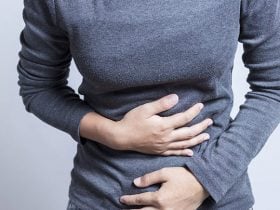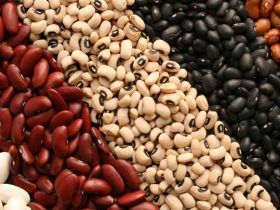Digestive System

Crohn’s is a disease that majorly affects the digestive tract. The most common area of disease activity involves the lower part of the small intestine (ileum). Inflammation can also affect other parts of the intestines, causing severe pain. Eventually, thick scar tissue can narrow the passage or block the bowel entirely. Your doctor may recommend a surgery to remove part of the bowel.
Crohn’s can also cause ulcers to develop anywhere in the digestive tract, including deep in the bowel wall.
Fistulas, or abnormal passageways, can open up between one part of the bowel and another, or between the bowel and the bladder, anus, vagina, or skin. This can allow bowel contents to bypass part of your intestines. It may lead to malabsorption of nutrients. Fistulas that lead to the skin can allow bowel drainage to accumulate on your skin. About 30 percent of people with Crohn’s develop fistulas. Fistulas increase the risks for infection and abscess.
People with Crohn’s are also at risk of developing anal fissures [5], or small tears in the lining of the anal canal. Fissures can cause cracking, bleeding, pain, and itchiness.
Chronic diarrhea, combined with poor absorption of nutrients, can lead to vitamin deficiencies and malnutrition.
Crohn’s disease can result in several other digestive issues such as kidney stones, gallstones, fever, and liver disease. Flare-ups can cause canker sores in the mouth, which tend to clear up along with gastrointestinal symptoms.
A more severe complication of Crohn’s disease is colon cancer [6].













